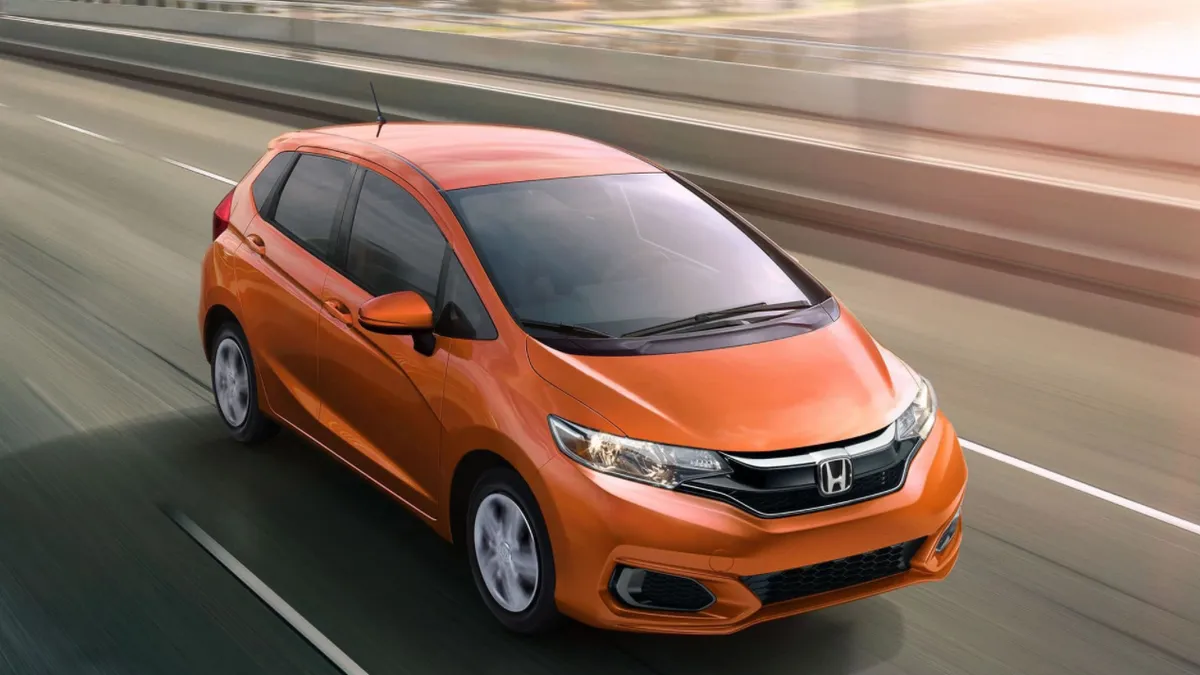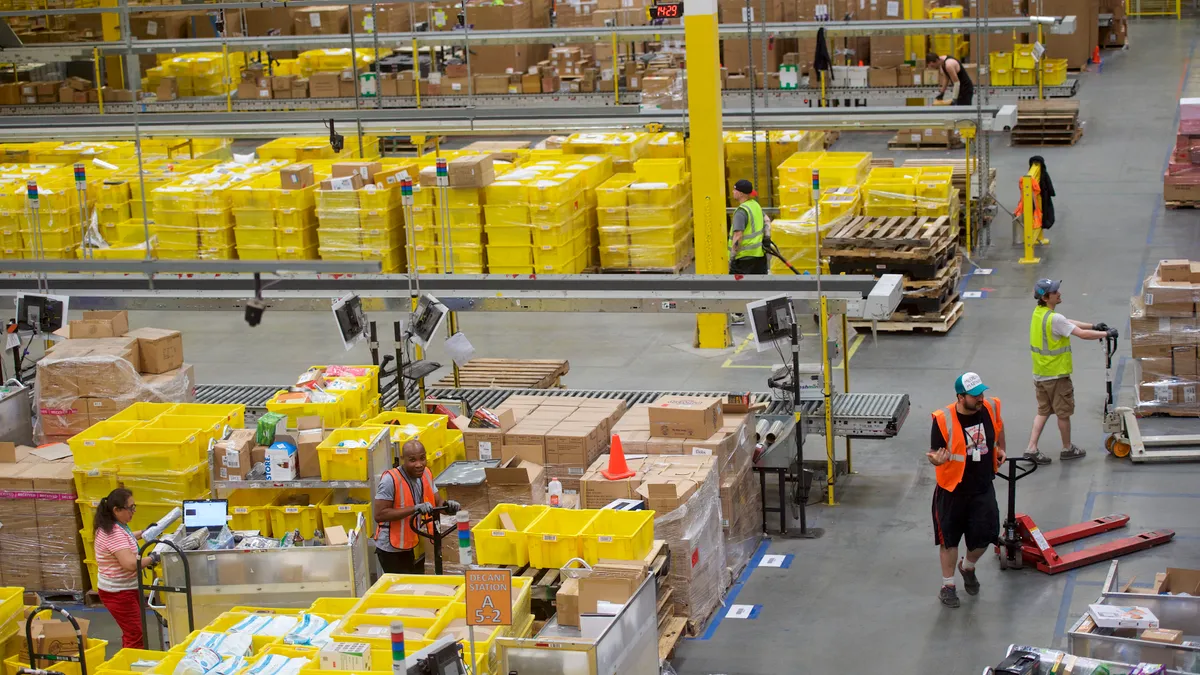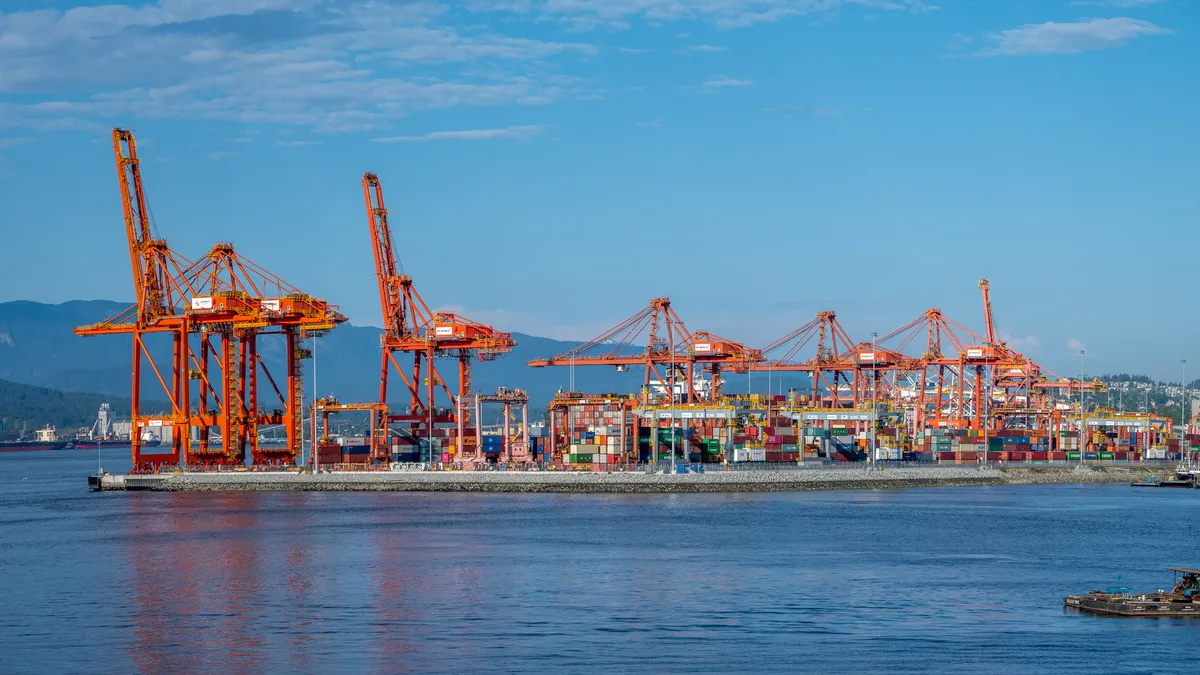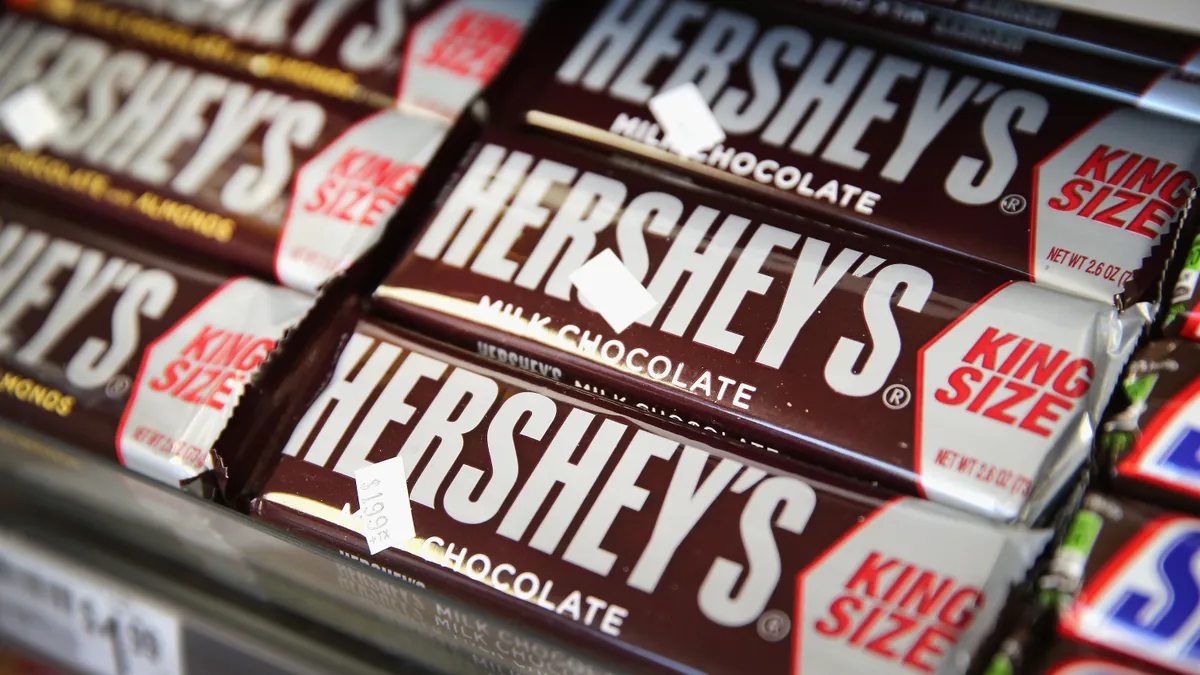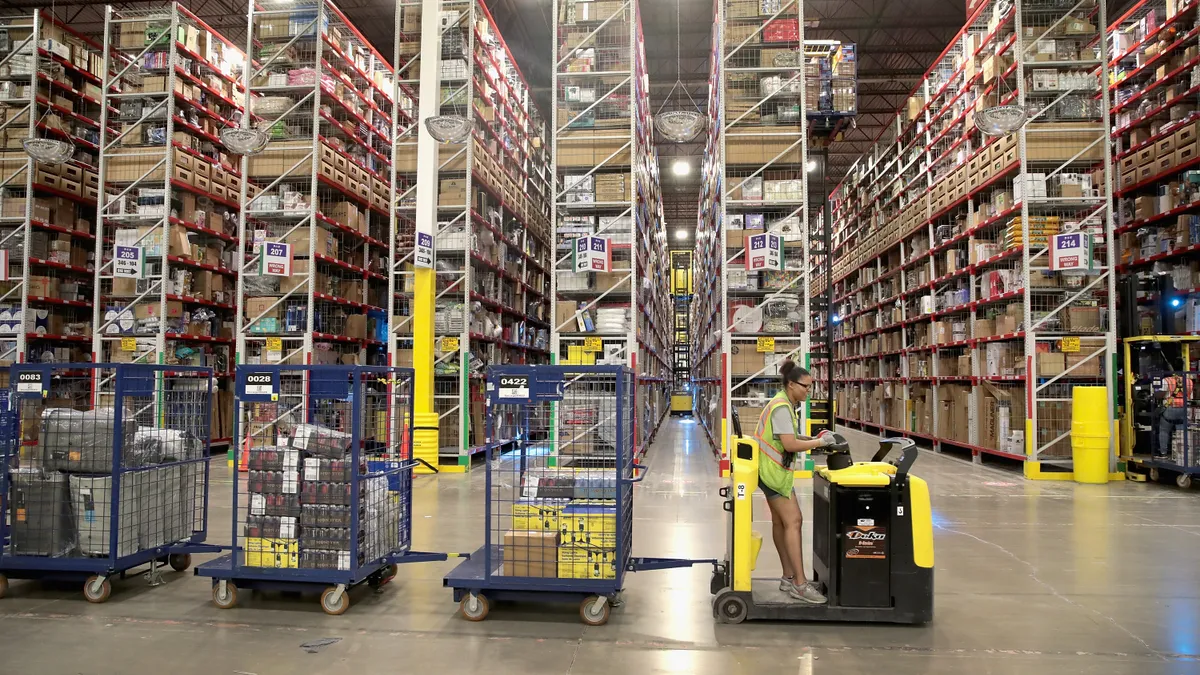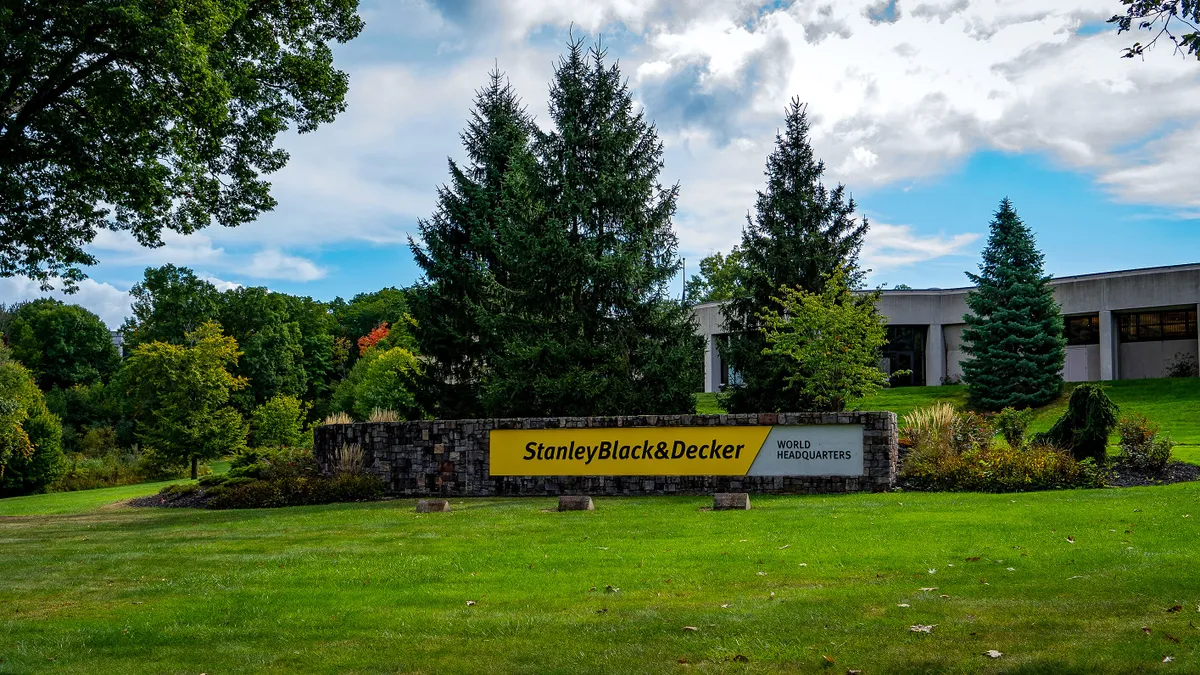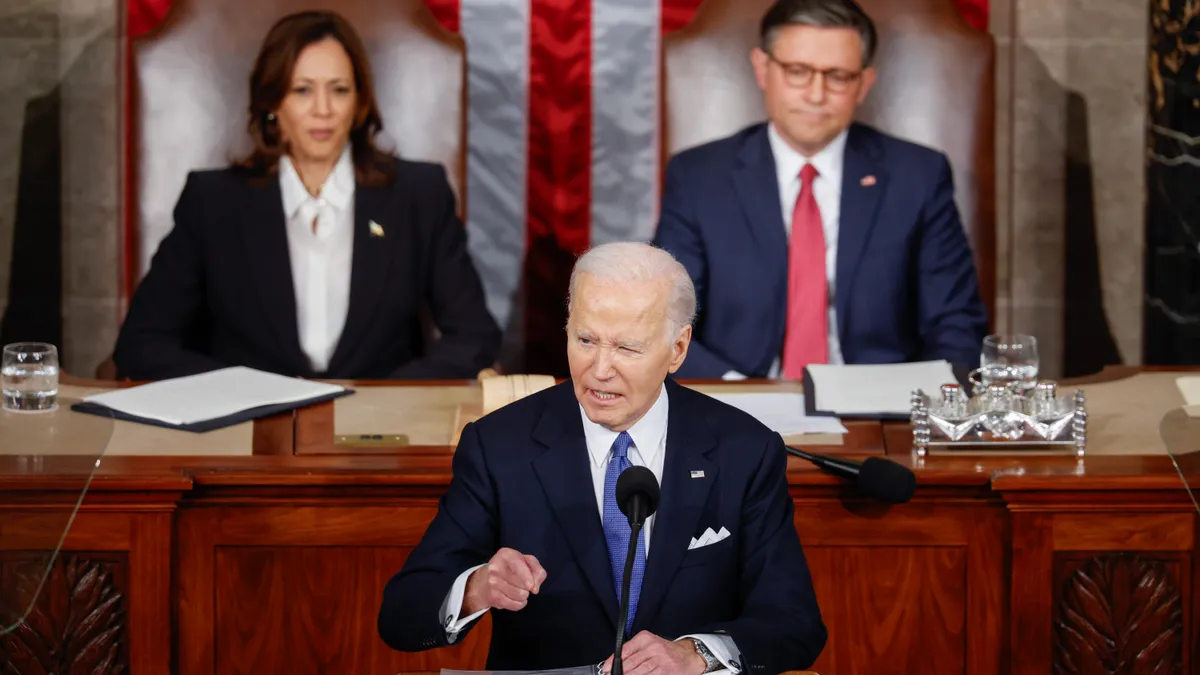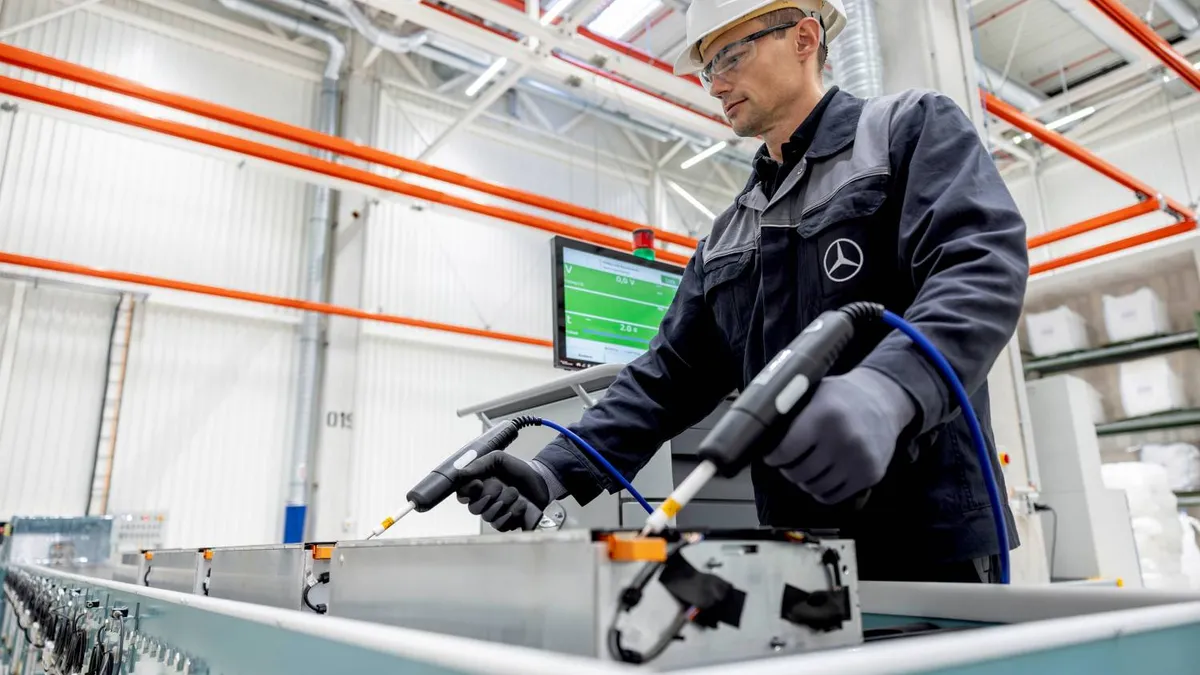WASHINGTON – Steel and aluminum tariffs are creating uncertainty, unpredictability and an unsettling environment for all players in the automotive supply chain, auto industry leaders testified on Capitol Hill Wednesday.
"The regulatory climate in 2018 is the worst it's ever been in the country's history," David Britt, vice chairman of the Spartanburg County Council in South Carolina and vice president of the South Carolina Tindall Corporation, told the Senate Finance Committee.
With steel a significant component of most vehicles, original equipment manufacturers (OEMs), as well as their tier-one and two suppliers, have felt the effects of tariffs on steel and aluminum imports.
Steel prices on a steady climb
Michael Haughey, president and CEO of North American Stamping Group, a tier-two auto supplier, said market prices of steel have increased 50% since tariffs went into effect in March 2018. The price hikes are a result of two factors, according to Haughey — steel imported from abroad is more expensive because of taxes, and domestic steel producers have inflated their prices.
While the company itself doesn't import a lot of goods, many of its parts are supported by imported components.
"I've suspended growing our business," Haughey said, citing changes to hiring, overtime and capital spending. He likened the auto industry's sentiment today to 2008, at the height of the financial crisis and recession in the U.S.
Britt has also seen the effects of rising steel prices first-hand. A domestic steel producer informed his company, the Tindall Corporation, which designs and manufactures construction materials, of increases in steel prices.
"We just got a 10% increase, on top of the 23% increase we got back in March," Britt said. "And we're warned now it's going to go up 15% more in January."
The exclusion waiting game
Companies, organizations and individuals have submitted thousands of comments on the steel and aluminum tariffs, asking for exclusions.
Executive Vice President of Honda North America Rick Schostek said his company is tracking three suppliers that submitted exclusions in the summer. "Those three suppliers are still waiting for an answer," he told the committee.
Sen. Ron Wyden, D-Oregon, said the numbers of exclusions that have been fully processed is very low, possibly because the Department of Commerce widely underestimated how many exclusion requests it would receive. An analysis from The Hill estimated it would take the Department of Commerce about 178,000 hours to process all exclusion requests and clear the backlog, which equates to 50 people working full time for two years.
"When you have suppliers still waiting on an answer, you pour gasoline on the fire of uncertainty," Wyden, the ranking member of the Senate Finance Committee, said.
Retaliation hits automakers
The notoriously complex nature of automotive supply chains means headwinds at tier two will no doubt ripple to tier one, OEMs and often consumers.
With exclusions still pending, the fear of the unknown is trickling down, creating uncertainty throughout the auto supply chain, Schostek said. Although Honda has full-line manufacturing and R&D within the U.S., raw materials used by Honda's suppliers aren't always available domestically.
In addition, Honda is seeing the effects of retaliatory tariffs on the export side of its supply chain. The automaker produces transmissions in Georgia and exports them to China.
"Those are now subject to retaliatory tariffs," Schostek said, after the latest round of tariffs on $200 billion of Chinese imports resulted in retaliation from China in the form of tariffs on $60 billion of imports from the U.S.
Honda also produces lawnmowers in North Carolina which are subject to 10% tariffs when exported to Canada.
"We can see impending harm," Schostek said. From concept and design all the way to distribution, "tariffs are going to hurt the whole supply chain."
Business in an 'unsettling environment'
Honda is not alone in its sentiment. Ford's CEO urged the Trump administration to resolve trade disputes, claiming metal tariffs absorbed $1 billion in profits. BMW cut its profit forecast, citing the ongoing trade war with China.
To offset the costs, many businesses are looking at long-term changes to their supply chains, considering moving sourcing or production to avoid costly duties.
"We want to stay here, but the current environment is unsettling," Schostek said. He added Honda at the moment doesn't have plans to move its U.S. production and manufacturing out of the country.
If businesses do begin to outsource and move their supply chains to avoid tariffs, the result will be the opposite of the stated intention of duties to support economic and job growth in the U.S. and boost manufacturing.
"When they move offshore, they don't come back," Britt said.



